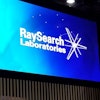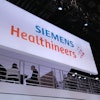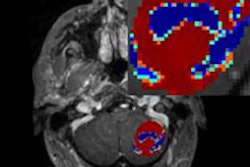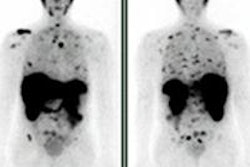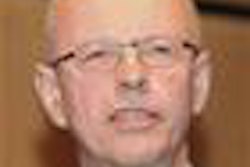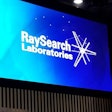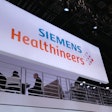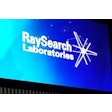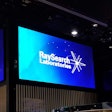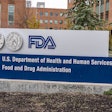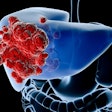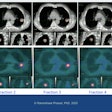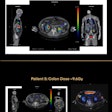The American Society for Radiation Oncology (ASTRO) has presented seven researchers with a total of $675,000 in awards and grants to advance radiation oncology research.
The two winners of the Junior Faculty Research Training Grant are Dr. Joseph Mancias, PhD, of Beth Israel Deaconess Medical Center in Boston, and Dr. Terence Williams, PhD, of Ohio State University in Columbus.
Mancias is evaluating the use of autophagy inhibition to make pancreatic cancer cells more susceptible to radiation therapy, while Williams is working on elucidating and targeting intrinsic K-RAS mutant radioresistance with novel RAS-targeted therapies, according to ASTRO. Both Mancias and Williams will receive $100,000 annually for two years.
The three recipients of the ASTRO Resident/Fellows in Radiation Oncology Research Seed Grant are Dr. Andrew Sharabi, PhD, of Johns Hopkins University; Dr. Gregory Gan, PhD, of the University of Colorado Anschutz Medical Campus in Aurora; and Dr. Darrion Mitchell of the University of Iowa Hospitals and Clinics in Iowa City.
Sharabi is researching the effect of strategic radiation use combined with novel immunotherapy agents on improved clinical outcomes as a result of radiation-induced antigen-specific immune responses. Gan is examining the Hedgehog Pathway, which is involved in maintenance and regeneration of adult tissues, and radiation therapy resistance in head and neck cancer. Mitchell is researching the use of epithelial-to-mesenchymal transition (EMT), which enables metastatic foci to develop resistance to radiation therapy and chemotherapy, as a therapeutic target in prostate cancer.
All three will receive $25,000 for the one-year projects.
ASTRO also doled out its first ASTRO/ROI Comparative Effectiveness Research Award, which was given to two researchers: Dr. Timothy Showalter of the University of Virginia in Charlottesville and Dr. Karen Hoffman of MD Anderson Cancer Center.
Showalter is conducting individualized comparative effectiveness research for prostate cancer treatment to better inform patients faced with adjuvant radiation therapy decisions immediately following radical prostatectomy. Hoffman is researching the effect of radiotherapy practice structure on prostate cancer treatment costs and outcomes, comparing complications, cost of care, and treatment patterns at integrated and traditional prostate cancer practices and clinics, ASTRO said.
Both Showalter and Hoffman will receive $50,000 annually for two years.
